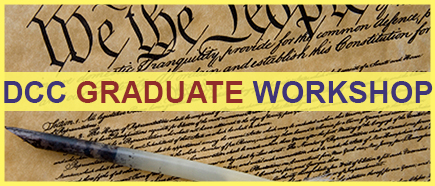Lunch provided.

Minju Bae (History, Temple University)
“No More Phoney Contracts”: Organizing Chinese-Restaurant Labor in 1980s New York (PDF)
Labor Market Segmentation and the Production of Ethnicity and Race Ideologies in Arizona Copper: Ethnic and Racial Group-Making and the Construction of Tractable Workforces (PDF)
MINJU’S paper examines labor organizers’ different visions for unionization in the 1980s Chinese-restaurant industry in New York City. Organizers debated the merits of independent versus established AFL-CIO unionisms, following the lessons of the Asian American movement. The Chinese-restaurant industry was one of the principal employers of immigrant laborers in Asian communities in the 1980s. In an era of economic scarcity and labor surplus, Chinese-restaurants became notorious for extraordinary labor injustices and unsafe conditions. At the same time, restaurant work was particularly difficult to organize, as servers, dishwasher, cooks, and bussers were largely new migrants, who worked for low-wages and tips. Still, unionizing the staff at Chinese restaurants became a major priority for labor leaders building an Asian/American labor movement.
CARLY argues that the segmentation and allocation of workers on the labor market plays a key role in the ethnicization and racialization process. It claims, in other words, that labor markets should be understood, not just as a place of exchange where labor is bought and sold, but as a site of the production and reproduction of ethnicity and race ideologies. Specifically, this process can be viewed in the American copper mining industry. Here, the paper traces the processes of ethnicization and racialization in the Copper Mountain Mining District late nineteenth century to 1903. In doing so, it argues that ethnic ideologies emerged in the Copper Mountain that essentialized Mexican workers as docile and family oriented. This ideology arose from management’s successful efforts to constrain Mexican workers' ability to leave their jobs, which was done through a variety of techniques including attempts to bring workers with families to the district. This ethnicization was different from a more dominant ethnicization present in other parts of the district which was used to justify the exclusion of Mexican workers from underground mining. When eight-hour work day legislated passed in Arizona in 1903 causing the miners in the Copper Mountain district to go on strike, it challenged and began destabilizing the more inclusive labor market of the Copper Mountain and began the processes of destabilizing this labor scheme and well as the ethnicization accompanying it.

 The Andrea Mitchell Center for the Study of Democracy
The Andrea Mitchell Center for the Study of Democracy